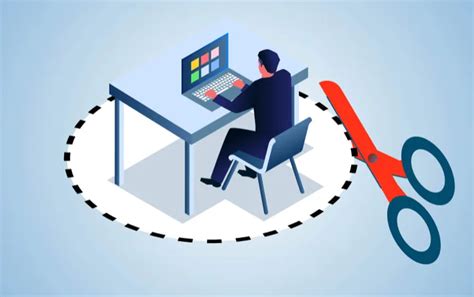
As we move further into the future, the need for upskilling and reskilling in the workforce becomes increasingly important.
In 2023, we are faced with the reality of a #warfortalent, where employers are competing for a limited pool of skilled workers. This is where upskilling and reskilling come in – not only do they benefit employees in their career growth, but they also provide significant advantages to employers.
Upskilling refers to the process of enhancing an employee’s existing skill set, while reskilling involves teaching employees an entirely new set of skills. Both methods are critical in this rapidly evolving job market. According to Forbes, “83% of employees say that upskilling or reskilling is important to them when considering a new job, while 87% of executives believe that a skills shortage is hurting their business.” Therefore, upskilling and reskilling should not be viewed as a luxury, but rather a necessity for both employers and employees.
For employees, the benefits of upskilling and reskilling are clear. Learning new skills can help them stay relevant and competitive in the job market, increase their earning potential, and open up new career opportunities. Additionally, upskilling and reskilling can increase job satisfaction and engagement, leading to greater employee retention.
Employers also reap significant benefits from upskilling and reskilling. Investing in employee development can result in a more skilled workforce, improved productivity and greater innovation. Upskilling and reskilling can also reduce turnover and recruitment costs, as employees are more likely to stay with an employer who invests in their growth and development.
However, simply offering training programs is not enough. As the workforce evolves, so must the methods of upskilling and reskilling. According to Valamis, an AI-powered learning platform, “microlearning, personalized learning paths, and data-driven learning are some of the key trends in upskilling and reskilling.” By tailoring learning experiences to individual needs and interests, and by using data to track progress and provide feedback, employers can create a more effective and engaging learning environment.
Upskilling and reskilling are essential in the current and future war for talent. On both sides of the desk. If upskilling/reskilling won’t address your organizations immediate needs, drop me a note and we can find the talent you need. Conversely, as an employee, if diversifying your skills interests you and your employer doesn’t subscribe to this theory – I can help. Let’s be in touch!
#upskilling #reskilling #employeedevelopment #workplaceculture
Ready to discuss the recruiting or job search process? Drop us a note!
"*" indicates required fields
